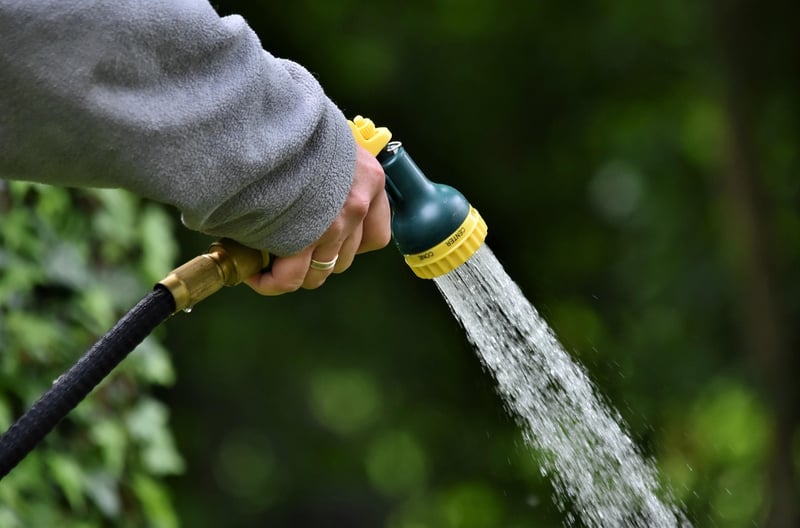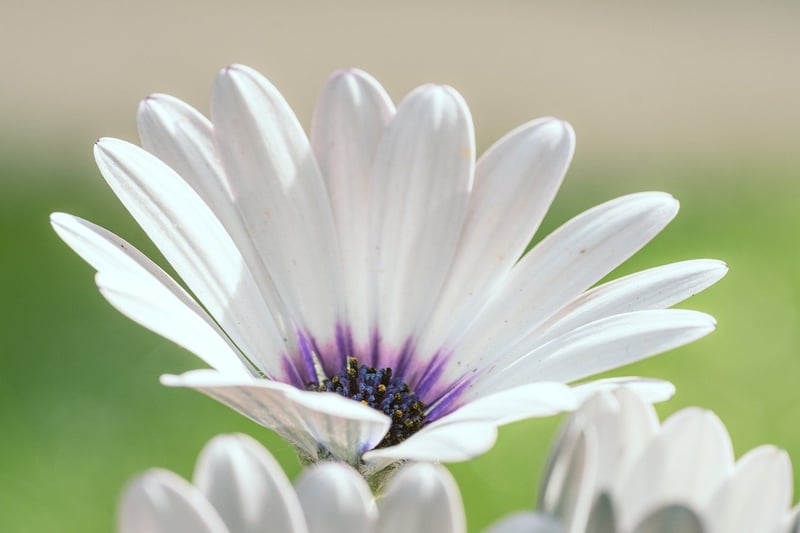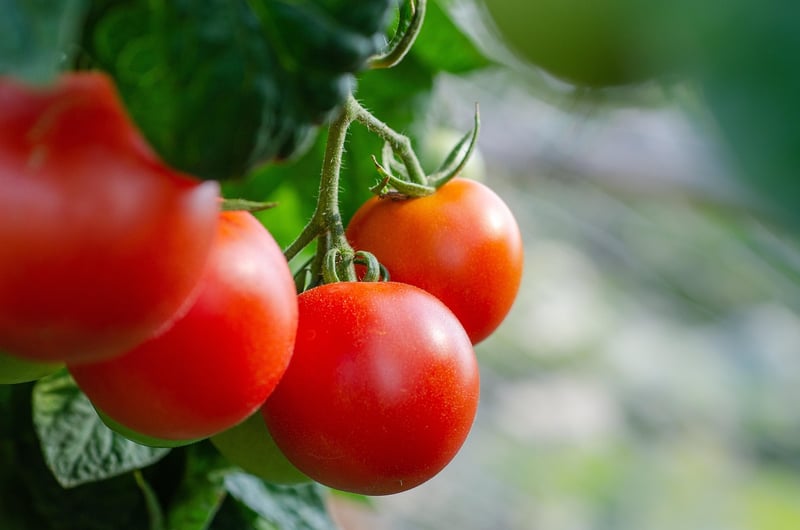Pest Control
Keep Your Garden Healthy and Thriving
Welcome to our guide on how to maintain a healthy and thriving garden! A lush garden not only enhances the beauty of your home but also provides a peaceful retreat for you to enjoy. By following these tips, you can ensure that your garden remains vibrant and flourishing throughout the year.
1. Regular Watering
Proper watering is essential for the health of your plants. Be sure to water your garden regularly, especially during hot and dry periods. Early morning is the best time to water, as it allows the plants to absorb moisture before the heat of the day.
2. Quality Soil
Healthy soil is the foundation of a thriving garden. Ensure that your soil is well-draining and rich in nutrients. Consider adding compost or organic matter to improve soil quality and provide essential nutrients to your plants.
3. Adequate Sunlight
Most plants require ample sunlight to grow and flourish. Be mindful of the sunlight requirements of each plant in your garden and ensure they are placed in suitable locations where they can receive the right amount of sunlight each day.
4. Regular Pruning and Maintenance
Pruning helps promote healthy growth and improves the overall appearance of your garden. Remove dead or overgrown branches, flowers, and leaves regularly to allow for new growth and prevent diseases.
5. Mulching
Applying mulch around your plants helps retain moisture, suppress weeds, and regulate soil temperature. Mulching also adds nutrients to the soil as it breaks down, promoting the health of your plants.
6. Pest Control
One of the biggest threats to a healthy garden is pests. Keep an eye out for common garden pests such as aphids, snails, and caterpillars. There are several methods for controlling pests, including natural predators, organic pesticides, and physical barriers.
Effective Pest Control Methods:
- Natural Predators: Introduce beneficial insects like ladybugs and lacewings that feed on garden pests.
- Organic Pesticides: Use eco-friendly pesticides made from natural ingredients to target specific pests without harming beneficial insects.
- Physical Barriers: Protect your plants with row covers, netting, or fences to prevent pests from reaching them.
By incorporating these pest control methods into your gardening routine, you can effectively protect your plants from damage and ensure a healthy garden environment.
Conclusion
With proper care and attention, you can keep your garden healthy and thriving year-round. Remember to water regularly, maintain quality soil, provide adequate sunlight, prune and mulch as needed, and implement effective pest control measures. By following these tips, you can create a beautiful and flourishing garden that you can enjoy for years to come.



